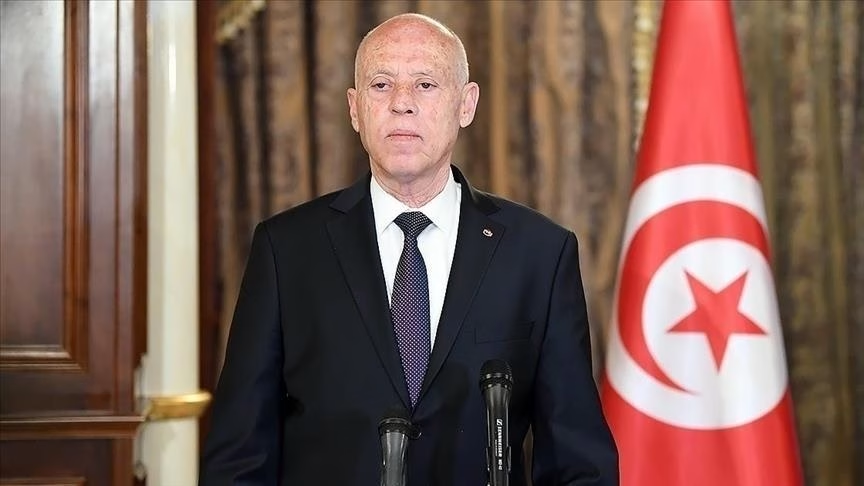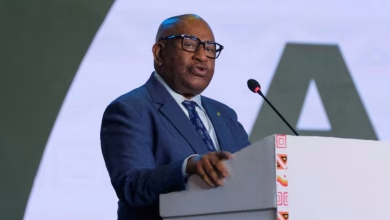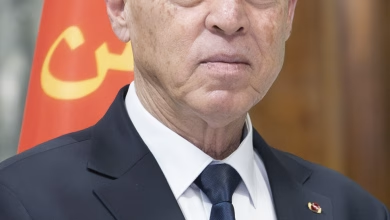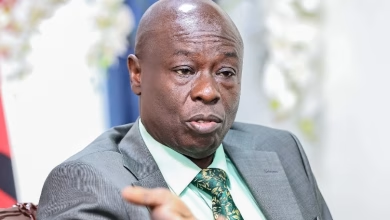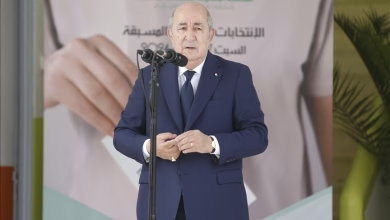Human Rights Watch (HRW) has highlighted a troubling trend in Tunisia, reporting that at least eight prospective presidential candidates have faced prosecution, conviction, or imprisonment recently. This situation has intensified concerns about the integrity and fairness of the country’s electoral process.
The scrutiny comes amid a broader crackdown on political competition, with several would-be candidates being accused of forging signatures required for their nominations. These allegations have led to significant legal and political challenges, raising questions about the legitimacy of the upcoming election.
In response to these developments, political parties and human rights organizations have united in a call for action. They have issued a joint statement urging a protest to be held on Monday near the election headquarters. The aim of the demonstration is to demand that the authorities implement the court’s decision to reinstate the disqualified candidates and to address what they describe as arbitrary restrictions and intimidation tactics.
The court had previously ruled in favor of allowing candidates such as Imed Daimi, Mondher Znaidi, and Abdellatif Mekki to participate in the election. However, the electoral commission’s recent decision to exclude several candidates, including Daimi, has led to increased tension and controversy.
The joint statement from the political parties and human rights groups emphasizes the need for transparency and adherence to judicial rulings. They argue that the current situation undermines democratic principles and threatens the fairness of the electoral process.
The protest planned for Monday is expected to draw significant attention both domestically and internationally. It will serve as a platform for expressing dissent and advocating for the protection of democratic norms in Tunisia’s electoral system.
As the election approaches, the situation remains fluid, with ongoing disputes highlighting the complex and contentious nature of the political landscape in Tunisia. The outcome of these developments will be crucial in determining the future of the country’s democratic processes.
